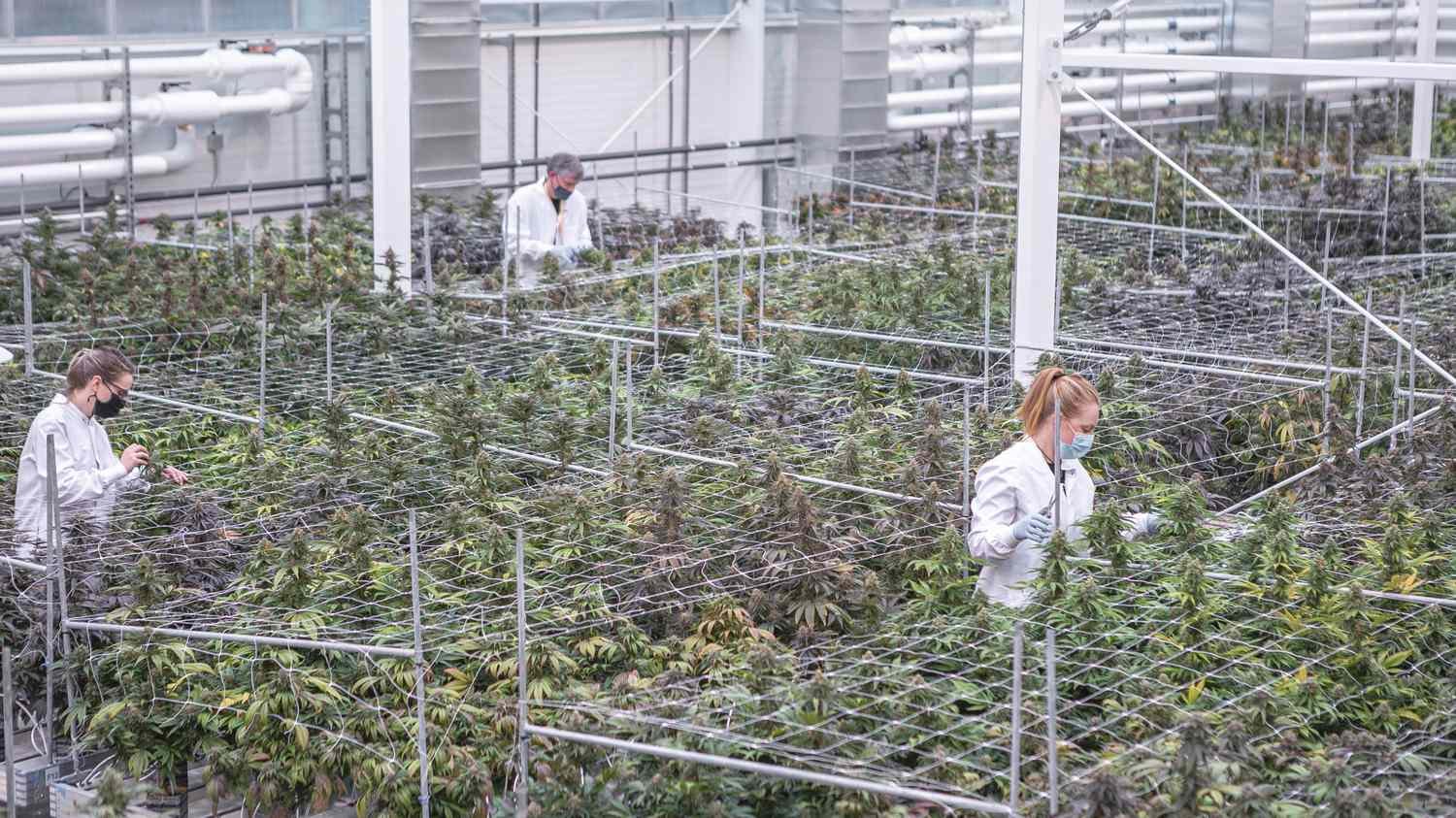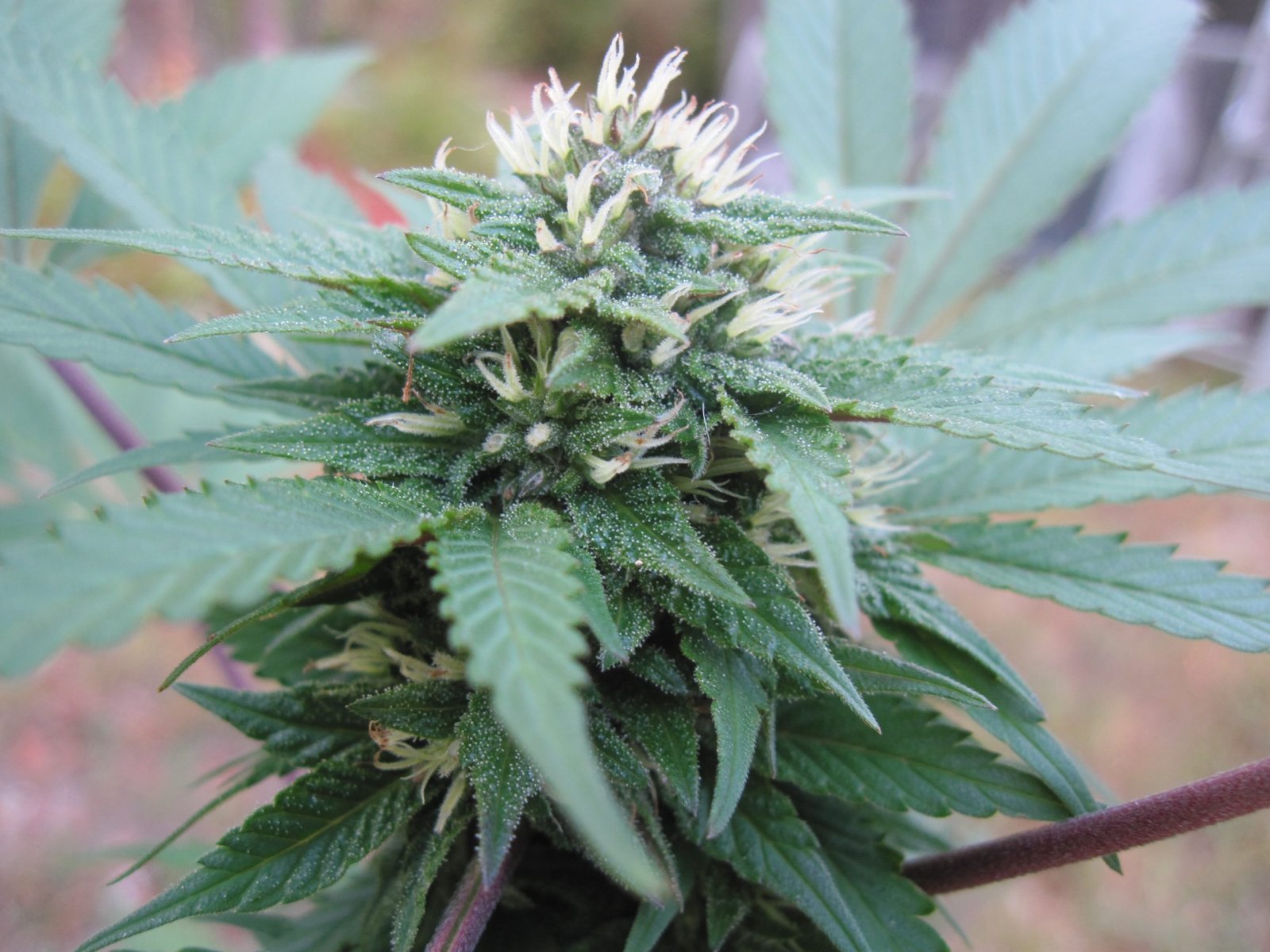The market for hemp-derived THC beverages is experiencing rapid expansion, driven by significant legal changes and shifting consumer preferences. Dentons Cannabis partners Eric Berlin and Joanne Caceres provided insights into this evolving industry, highlighting key developments and trends.
Legal adjustments have been crucial to the growth of hemp-derived THC beverages. The 2014 Farm Bill established a pilot program for hemp cultivation, while the 2018 Farm Bill further defined hemp, allowing for its legal processing as long as it contains no more than 0.3% delta-9 THC. These legislative changes set the stage for the emergence of products beyond non-intoxicating CBD, paving the way for intoxicating cannabinoids like delta-8 and delta-9 THC. Consequently, hemp-derived THC beverages have gained traction, with states progressively creating regulatory frameworks to manage these products.
Consumer behavior is shifting towards wellness and alternative relaxation methods, contributing to the popularity of these beverages. Younger generations, especially Gen Z, are showing decreased alcohol consumption, seeking lower-dose cannabis options instead. Hemp-derived THC beverages provide a sessionable experience that appeals to those curious about cannabis but hesitant about traditional products. Their availability in mainstream retail outlets, breweries, and bars further broadens their consumer base.
The entry of larger alcohol companies into the hemp-derived THC beverage market may accelerate growth and enhance credibility. These corporations bring established distribution networks and marketing expertise, which could lead to rapid market expansion. However, this influx also poses challenges for smaller cannabis and hemp-focused brands, which may need to differentiate themselves through unique offerings and strong customer loyalty to remain competitive.
Experts believe the popularity of hemp-derived THC beverages is sustainable rather than a passing trend. The market’s resilience, bolstered by major investments and a growing consumer base, indicates a move towards mainstream acceptance. The demand for lower-dose, sessionable experiences caters to a broader audience, suggesting long-term market viability.
Despite the positive outlook, potential regulatory disruptions loom. The regulatory environment varies significantly across states, and sudden changes could threaten the market’s stability. Companies must stay informed about legislative developments and engage legal expertise to address the complexities of this evolving landscape. As noted, active participation in regulatory discussions is vital for the industry’s future.
Companies entering the hemp beverage sector can learn valuable lessons from the broader cannabis industry. Compliance with state and federal regulations is essential, as any changes can impact operations. Building strong relationships with regulators can help mitigate risks, while investing in brand development and consumer education is crucial for standing out in a competitive market. Additionally, preparing for market volatility and adapting to shifting legal conditions will be vital for success.
In the current market, brand-building is increasingly important as competition intensifies. Companies need to establish a recognizable brand identity that communicates product benefits clearly. Engaging customers through social media and direct-to-consumer strategies can foster loyalty and enhance brand visibility.
Innovation is also on the rise, with products infused with various cannabinoids like CBN, CBG, and CBC emerging alongside hemp-derived THC beverages. Functional drinks combining cannabinoids with wellness ingredients are becoming more popular, catering to consumers seeking tailored experiences. This trend reflects a growing interest in diverse cannabis products, expanding the market’s reach and potential.
In summary, the hemp-derived THC beverage market is poised for continued growth, driven by regulatory support, evolving consumer preferences, and ongoing product innovation. Businesses in this space will need to remain adaptable and proactive in navigating the challenges and opportunities that lie ahead.



